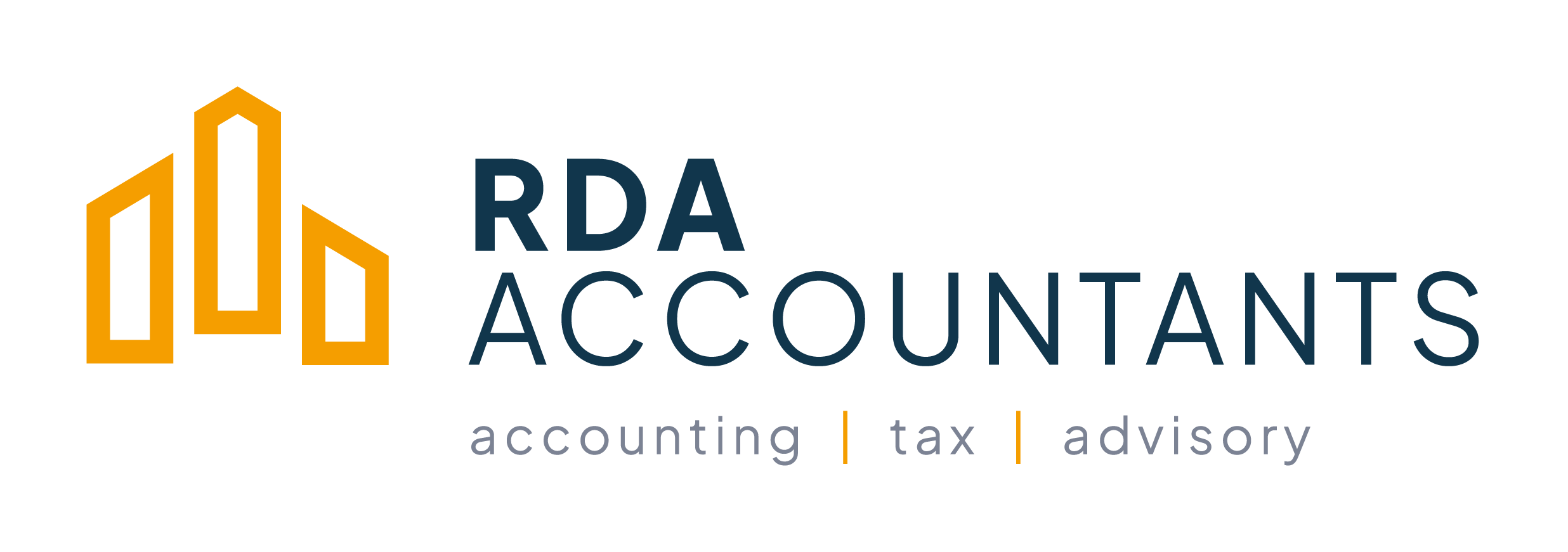Why Documenting Intellectual Property is Essential When it comes to selling your business, your...
Selling your business - questions to ask
Selling a business can be a difficult process, which includes everything from preparation to valuation to closing the deal. Along the way there are plenty of questions almost all business owners have.
To help you we have answered the most common questions you'll likely ask during the business sales process.
What do I need to do before finding a buyer?
When you are preparing to sell your business, preparation is the key. You will need to eliminate as much debt as you possibly can, gather all of your important financial documents for potential buyers to analyze, and discover any potential any weaknesses. This will help you maximise the overall value of your business and speed up the sales process.
- Pay Off Business Debt
- Organise Financial Information
- Identify Weaknesses
Is my business actually in a position to be sold?
If an offer comes in for my business today is the business actually in a position to take an offer. So many times the answer for this actually is NO when the business owner believes that the answer is actually YES. This is exactly why we prepare the business for sale.
How do I know when the time is right to sell my business?
There are different reasons why you choose to sell your business. While you have invested your money, time and energy to build and grow your business, there will come a time when selling it might be the best decision you can make. Here are some common reasons to sell your business:
- You want to retire
- You have achieved long-term financial security
- You have health issues
- You need more time for your personal life
- You receive an offer too good to turn down
- Your business partner wants to sell
- The market is moving against you
How do I value my business when preparing for sale?
The value of a company, as with any property, is the result of the interest that its prospective sale can generate amongst potential purchasers who have sufficient resources available to complete a purchase within a reasonable time. Consequently, the value of a company cannot be established with certainty until it is sold and the cheque has cleared. Price equates with value when a willing buyer and a willing seller agree what the former will pay and the latter will accept.
There are various valuation methods and these can be used as a starting point and basis for negotiation when it comes to selling your business. Here are some approaches to valuation:
- Net asset value
- Income capitalisation
- Comparison
- Turnover
- EBIT & EBITDA
- Enterprise value
With any of the valuation methods discussed above, it is important to remember that valuing a business is not a precise science. Ultimately, when the time for sale comes, a business is worth what someone is prepared to pay for it at that point in time.
RDA Accountants can help value your business as well as help you develop an exit strategy to maximise the value of your business.
Is the value just a monetary amount?
Absolutely not. We have owners who are not motivated about the monetary value and are only interested in making sure the business continues into the future and want their staff and customers catered for.
Are you interested in selling your business? At RDA we've helped many business owners learn more about this process, guiding them through the journey. Learn more about how we can help by clicking here.



